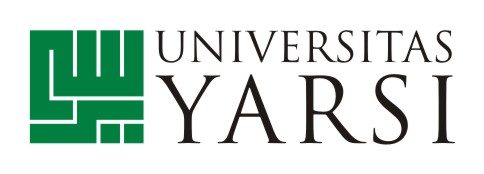The year 2025 marks a historic milestone in Indonesia’s hajj pilgrimage management, as it represents the final year of the Ministry of Religious Affairs (Kemenag) serving as the hajj organizer after 75 years of overseeing the pilgrimage. Starting in 2026, the Hajj Organizing Body (BP Hajj) will take over the baton as both regulator and operator of the hajj, including the recruitment of hajj officers. This transformation is driven by the need for more professional hajj management, considering that the hajj pilgrimage is a complex spiritual journey involving more than 220,000 Indonesian pilgrims annually with diverse physical conditions, cultural backgrounds, and expectations.
BP Hajj implements a comprehensive preparation method by equipping hajj officers with basic standard Arabic language skills, such as asking for directions and addresses, and conducting technical guidance for approximately one month to ensure optimal service for pilgrims. The specific strategies implemented include increasing the allocation of female hajj officers, given that Indonesian hajj pilgrims are predominantly women, while adopting the tagline “Friendly to the Elderly, Disabled, and Women.” In its implementation, on July 30, 2025 BP Hajj collaborates with academic institutions such as YARSI University, which is ready to provide health education for prospective hajj pilgrims through academic contributions in medicine, psychology, nutrition, and Islamic finance.

This BP Hajj initiative demonstrates commitment to achieving several Sustainable Development Goals (SDGs), particularly SDG 3 (Good Health and Well-being) through a holistic approach to pilgrims’ health and dementia prevention education for the elderly, SDG 4 (Quality Education) through Arabic language training programs and technical guidance for officers, and SDG 5 (Gender Equality) through increased representation of female officers and gender-friendly services. The professionalization of hajj pilgrimage management is expected to adapt to contemporary challenges, including technological challenges, elderly demographics, and pilgrims’ mental preparedness to face crowded and extreme conditions in the holy land, ensuring that hajj is not only valid according to Islamic jurisprudence but also humane. The collaborative approach with academia also supports SDG 17 (Partnerships for the Goals) in building professional national hajj governance that provides added value to society spiritually, socially, and economically.


